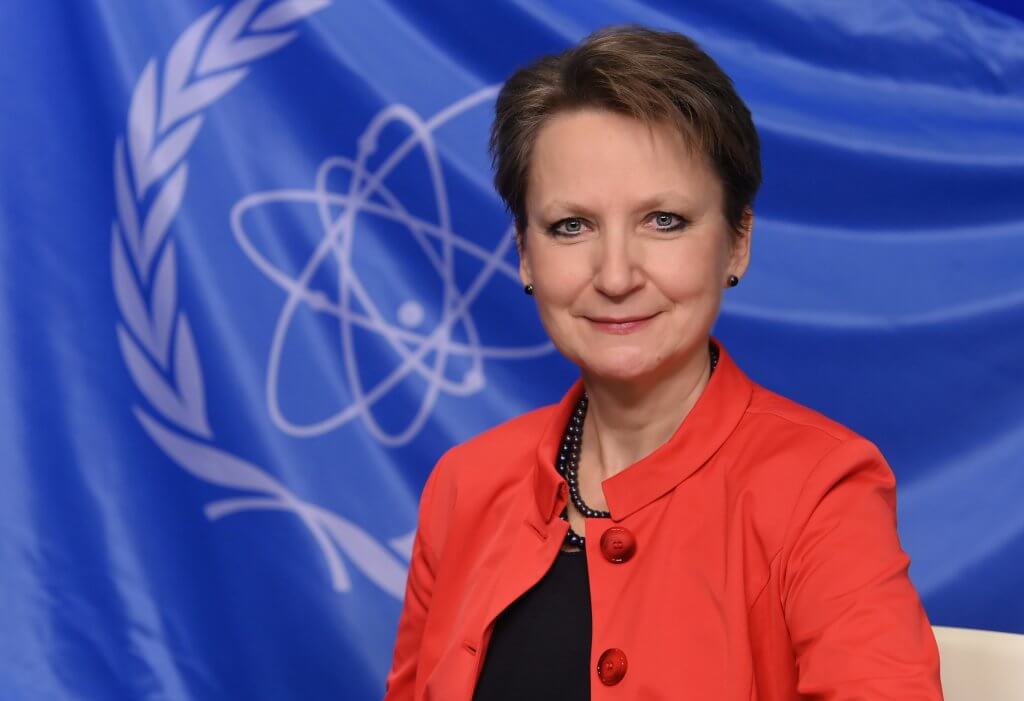The International Atomic Energy Agency (IAEA) issued a warning on Monday for vigilance against the theft of nuclear and radioactive material.
The agency noted in a press release that 4243 incidents of illegal or unauthorised activities involving nuclear and other radioactive material had been reported in the IAEA Incident and Trafficking Database (ITDB) since 1993.
“The reoccurrence of incidents confirms the need for vigilance and continuous improvement of the regulatory oversight to control, secure and properly dispose radioactive material,” Elena Buglova, Director of the IAEA’s Division of Nuclear Security, is quoted as saying in the press release.
She stressed the potentially disastrous implications if such materials “fall into the wrong hands.”
“The ITDB is a valuable resource that allows for the identification of potential threats and trends to support international cooperation and to improve the implementation of nuclear security,” Ms. Buglova noted.
Since 1993, when data collection began, 145 countries have reported a total of 4,243 incidents to the IAEA. Among these, 350 were potentially or directly connected to criminal activity like illicit holding, sale or smuggling.
More than half of all thefts occur during transportation. However, the majority of security problems arise from negligence by individuals handling and transporting these materials without authorisation.
The IAEA’s analysis shows that criminal circles are rarely directly involved in the disappearance of these hazardous materials. Last year, only six incidents were traced to illegal trafficking or criminal intention.
There have also been incidental discoveries of radioactive materials, such as contaminated scrap metal, often found in hospitals, university laboratories and industry.
In 2023 alone, a total of 168 incidents were reported, aligning with historical averages.
The revelation of these statistics coincides with the opening in Vienna, Austria, of IAEA’s fourth International Conference on Nuclear Security (ICONS).
The IAEA’s role is to assist nations in protecting their radioactive materials using physical and digital measures, ensuring they do not fall into the wrong hands, said Ms.Buglova.
The fear is that extremists might seize these materials to construct dirty bombs - weapons made of conventional explosives wrapped in radioactive materials intended to scatter into dust upon detonation.

